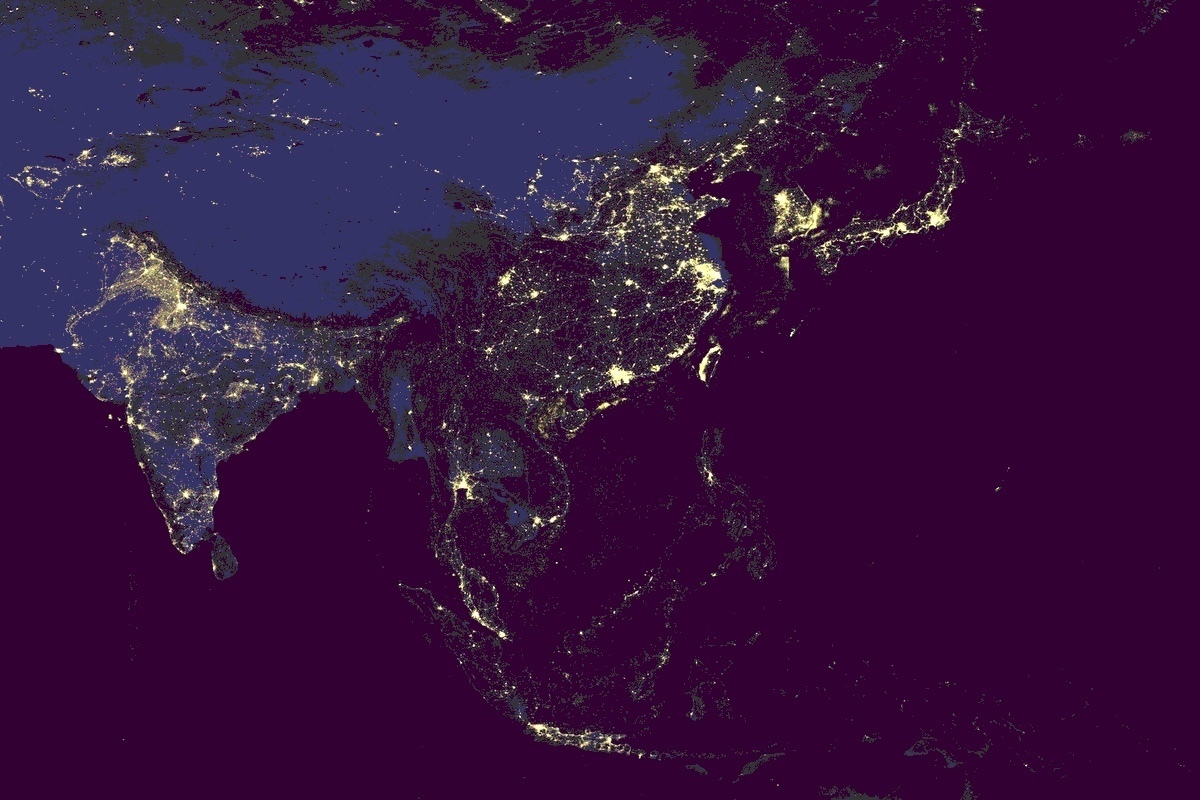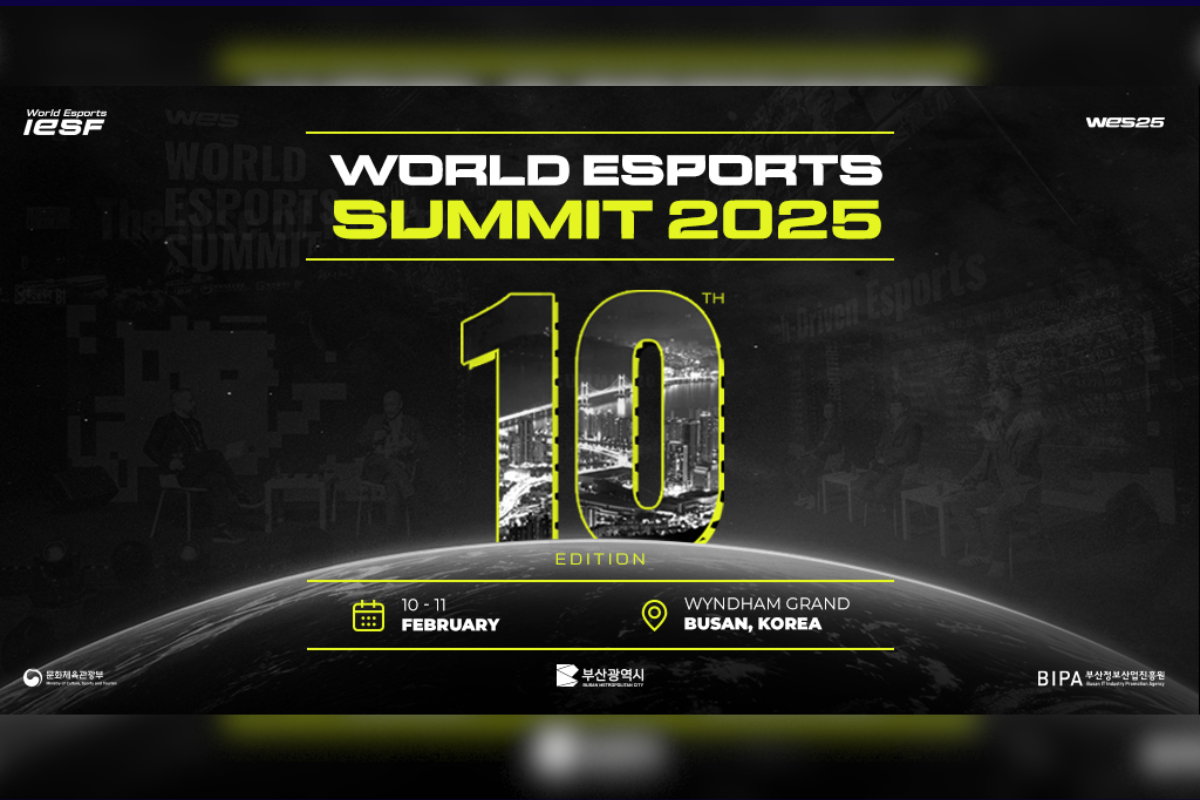Asia
Gambling Market in the APAC Region 2020-2024 – Market Forecast to Grow by USD 98.23 Billion during 2020-2024

The “Gambling market in APAC 2020-2024” report has been added to ResearchAndMarkets.com’s offering.
The gambling market in the APAC region is poised to grow by USD 98.23 bn during 2020-2024, progressing at a CAGR of 7% during the forecast period. The market is driven by liberalization of regulatory frameworks. In addition, the growing popularity of online sports is anticipated to boost the growth of the gambling market.
The APAC gambling market is segmented as below:
Type:
- Lottery
- Betting
- Casino
Platform:
- Offline
- Online
Geographic Segmentation:
- China
- Singapore
- Rest Of APAC
The report includes a detailed analysis of key vendors operating in the gambling market, including 888 Holdings Plc, Bet365 Group Ltd., Flutter Entertainment Plc, Galaxy Entertainment Group Ltd., INTRALOT SA, Las Vegas Sands Corp., MGM Resorts International, SJM Holdings Ltd., SkyCity Entertainment Group and William Hill Plc .
The study was conducted using an objective combination of primary and secondary information including inputs from key participants in the industry. The report contains a comprehensive market and vendor landscape in addition to an analysis of the key vendors.
Key Topics Covered:
Executive Summary
- Market Overview
Market Landscape
- Market ecosystem
- Value chain analysis
Market Sizing
- Market definition
- Market segment analysis
- Market size 2019
- Market outlook: Forecast for 2019 – 2024
Five Forces Analysis
- Bargaining power of buyers
- Bargaining power of suppliers
- Threat of new entrants
- Threat of substitutes
- Threat of rivalry
- Market condition
Market Segmentation by Type
- Market segments
- Comparison by Type placement
- Lottery – Market size and forecast 2019-2024
- Betting – Market size and forecast 2019-2024
- Casino – Market size and forecast 2019-2024
- Market opportunity by Type
Market Segmentation by Platform
- Market segments
- Comparison by Platform placement
- Offline – Market size and forecast 2019-2024
- Online – Market size and forecast 2019-2024
- Market opportunity by Platform
Customer landscape
- Overview
Geographic Landscape
- Geographic segmentation
- Geographic comparison
- China – Market size and forecast 2019-2024
- Singapore – Market size and forecast 2019-2024
- Rest of APAC – Market size and forecast 2019-2024
- Key leading countries
- Market opportunity by geography
Drivers, Challenges, and Trends
- Market drivers
- Volume driver – Demand led growth
- Volume driver – Supply led growth
- Volume driver – External factors
- Volume driver – Demand shift in adjacent markets
- Price driver – Inflation
- Price driver – Shift from lower to higher-priced units
- Market challenges
- Market trends
Vendor Landscape
- Overview
- Landscape disruption
- Vendor Analysis
Vendors covered
- Market positioning of vendors
- 888 Holdings Plc
- Bet365 Group Ltd.
- Flutter Entertainment Plc
- Galaxy Entertainment Group Ltd.
- INTRALOT SA
- Las Vegas Sands Corp.
- MGM Resorts International
- SJM Holdings Ltd.
- SkyCity Entertainment Group
- William Hill Plc
For more information about this report visit https://www.researchandmarkets.com/r/a0qy1b
About ResearchAndMarkets.com
ResearchAndMarkets.com is the world’s leading source for international market research reports and market data. We provide you with the latest data on international and regional markets, key industries, the top companies, new products and the latest trends.
Powered by WPeMatico
Asia
World Esports Summit Celebrates Its 10th Edition in Busan

The World Esports Summit returns to Busan, South Korea, for its 10th edition, taking place on 10–11 February 2025.
Hosted at the Wyndham Grand Busan, the Summit will bring together 40+ speakers from the international esports ecosystem, including representatives from federations, publishers, global brands, sports organizations, technology companies, and public institutions.
Over the past decade, the World Esports Summit has provided a platform for dialogue and cooperation among stakeholders shaping the world of esports. The 2025 edition will continue this role, offering space for discussion on current developments, industry challenges, and future directions.
The Summit will feature contributions from a wide range of organizations, including Alibaba, FIBA, FIFAe, Tencent, Moonton, NetEase, FIA, Sportradar, EFG, Good Game, Telekom, among others.
Across two days, participants will take part in keynote sessions and panel discussions addressing topics such as esports governance, international collaboration, industry development, integrity, and the continued convergence of esports and traditional sports.
Further information on the program, speakers, and registration is available on the official World Esports Summit website.
The post World Esports Summit Celebrates Its 10th Edition in Busan appeared first on Eastern European Gaming | Global iGaming & Tech Intelligence Hub.
Asia
Insurgence Gaming Company Expands Grassroots Vision with MOBA Legends 5v5 Discord Play-Ins

Following the launch of its inaugural women-focused VALORANT tournament La Imperia, the Insurgence Gaming Company has announced its second competitive initiative, MOBA Legends 5v5 Discord Play-Ins, a series of open community tournaments created to make organised competition more accessible to emerging players.
While La Imperia introduced a visibility-led invitational format, the MOBA Legends 5v5 Discord Play-Ins take a different approach. The series is built around open participation and will be hosted entirely online, with all tournament operations managed through Discord. This allows teams from across India to compete in a structured setting without the restrictions often associated with invite-only events.
The Play-Ins are designed as a starting point for players and teams who want to experience organised competition. Matches will be played in a 5v5 MOBA Draft Pick format, with scheduling, match reporting, and communication handled through dedicated Discord channels.
The announcement continues Insurgence Gaming Company’s early focus on grassroots esports. The company was created to address gaps in India’s competitive ecosystem, particularly at the amateur and semi-professional level where consistent tournament opportunities are still limited.
Speaking on the launch, Jasper Shabin, Founder of the Insurgence Gaming Company, said: “With La Imperia, we focused on visibility. With the Discord Play-Ins, the focus shifts to access. Competitive players need regular places to play, improve, and test themselves, not just one-off tournaments. MOBA Legends 5v5 is one of the most accessible competitive titles on mobile, which makes it a strong fit for an open, community-driven format.”
Beyond competition, the Discord Play-Ins are also intended to build a sense of continuity. Players will have access to channels dedicated to match coordination, tournament updates, and post-game discussion, helping teams stay connected beyond a single tournament run.
With the MOBA Legends 5v5 Discord Play-Ins, the Insurgence Gaming Company continues to shape its identity around community-first formats, pairing visibility-led initiatives like La Imperia with open competitive pathways that support long-term grassroots growth in Indian esports.
The post Insurgence Gaming Company Expands Grassroots Vision with MOBA Legends 5v5 Discord Play-Ins appeared first on Eastern European Gaming | Global iGaming & Tech Intelligence Hub.
ALGS 2026 Championship
S8UL Esports secures historic top five finish at ALGS 2026 Championship; bags INR 1 crore in prize money

S8UL Esports, a global powerhouse in esports and gaming content, delivered a landmark performance by finishing among the top five teams globally at the Apex Legends Global Series (ALGS) 2026 Championship, held in Sapporo, Japan from January 15 to 18. This result represents the best ever finish by an Indian organization on the Apex Legends global stage, setting a new benchmark for Indian esports at the highest level of international competition.
The ALGS 2026 Championship, the crowning event of the Apex Legends competitive calendar, brought together 40 of the world’s most consistent and high-performing teams from the year-long global circuit. S8UL’s all-Australian roster featuring Rick Wirth (Sharky), Benjamin Spaseski (Jesko), and Tom Canty (Legacy), led by head coach Harrison Rogers (Rogers), delivered a standout campaign and emerged as the only South Asian team to secure a Top 5 finish at the premier international Apex Legends event. The team earned USD 120,000 (approximately INR 1 crore) from the tournament’s USD 2,000,000 (approximately INR 18.14 crore) total prize pool.
Commenting on the achievement, Animesh Agarwal, Co-founder and CEO, S8UL, said, “Over the years, we have built one of India’s strongest gaming creator ecosystems and a solid foundation in content. In the last 18 months, we have deliberately expanded our focus to global esports investments across multiple titles, and performances like this validate that vision. Our ambition is to compete and win at the highest level worldwide. We are investing deeply, assembling world-class international rosters, and representing S8UL on the global stage from India. A top five finish at ALGS is a major milestone, and it marks only the beginning of what we believe will be a very strong future for S8UL in esports.”
S8UL began their campaign in Group B, navigating a demanding round-robin stage where all 40 teams were divided into four groups of 10. The team’s consistent performances saw them finish among the top 20 teams, earning a spot in the Winners Bracket and keeping them firmly in title contention.
From there, S8UL qualified for the Grand Finals, where the remaining 20 teams competed under the high-pressure Match Point Format. Under this system, a team must reach 50 points and then secure a match win to claim the championship, with the remaining teams ranked by total points. Across nine final matches, S8UL accumulated 64 points to finish fifth overall, just one point behind fourth-placed GROW Gaming, underlining how closely contested the championship was.
“The margins at this level are extremely fine, and the team showed tremendous composure throughout the tournament. From the group stage through to the finals, the players displayed adaptability, trust, and resilience. Finishing in the top five globally is a major milestone, and it reinforces our confidence in this roster’s ability to contend for championships in the future,” commented Harrison Rogers, coach of S8UL’s Apex Legends team.
S8UL’s performance at the ALGS 2026 Championship builds on the organisation’s growing presence in international Apex Legends competition. In 2025, S8UL competed at the ALGS Midseason Playoffs as part of the Esports World Cup in Riyadh, where the organisation also became the first Indian team to be selected as a Club Partner for the tournament. With consecutive appearances at Apex Legends’ premier global events, S8UL continues to establish itself as a consistent contender on the world stage and a flagbearer for Indian esports internationally.
The post S8UL Esports secures historic top five finish at ALGS 2026 Championship; bags INR 1 crore in prize money appeared first on Eastern European Gaming | Global iGaming & Tech Intelligence Hub.
-

 Amusnet7 days ago
Amusnet7 days agoWeek 5/2026 slot games releases
-

 Compliance Updates7 days ago
Compliance Updates7 days agoNational Council on Problem Gambling Adopts 1-800-MY-RESET as New National Problem Gambling Helpline Number
-

 Ani Isakhanyan7 days ago
Ani Isakhanyan7 days agoFeedConstruct Expands its Presence in Latin America
-

 FDJ UNITED7 days ago
FDJ UNITED7 days agoFDJ UNITED Aims to be Among the Top Three Licensed Gambling Operators in Finland
-

 Compliance Updates7 days ago
Compliance Updates7 days agoDigitain Secures Isle of Man iGaming Software Supplier Licence
-

 betting terminals6 days ago
betting terminals6 days agoMeridianbet Completes Fairbet Acquisition, Expanding Malta Retail Gaming Network Under Golden Matrix Group
-

 Carl Gatt Baldacchino Head of Account Management SlotMatrix7 days ago
Carl Gatt Baldacchino Head of Account Management SlotMatrix7 days agoSlotMatrix Unleashes Fiesta-Fueled Thrills with Muertos Fortune
-

 Book of Sobek4 days ago
Book of Sobek4 days agoHölle Games Releases Book of Sobek



















